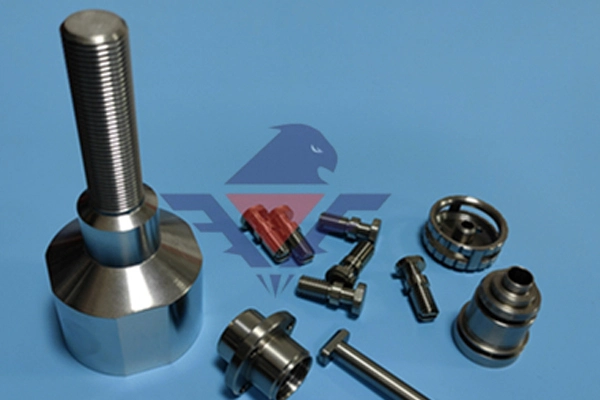Precision Swiss Machining for Complex Components

# Precision Swiss Machining for Complex Components
## What is Swiss Machining?
Swiss machining, also known as Swiss screw machining or Swiss turning, is a specialized manufacturing process that excels at producing small, high-precision components with tight tolerances. Originating in Switzerland’s watchmaking industry, this technique has evolved to become an essential solution for industries requiring complex, miniature parts with exceptional accuracy.
## The Advantages of Swiss Machining
Swiss machining offers several distinct advantages over conventional CNC turning:
- Superior precision for complex geometries
- Exceptional surface finishes
- Ability to machine long, slender parts without deflection
- Simultaneous multi-axis operations
- Reduced material waste
- High repeatability for large production runs
Key Features of Swiss Machining Equipment
Modern Swiss-type lathes incorporate several innovative features that enable their remarkable capabilities:
Guide Bushing System
The hallmark of Swiss machining is the guide bushing that supports material close to the cutting tool, minimizing vibration and deflection during machining. This allows for precise machining of long, slender parts that would be challenging on conventional lathes.
Multi-Axis Capability
Advanced Swiss machines typically feature multiple tool stations and live tooling options, enabling complex operations like milling, drilling, and tapping to be performed in a single setup.
Bar Feeder Integration
Automatic bar feeders allow for continuous production, significantly reducing cycle times between parts and enabling unattended operation for extended periods.
Industries That Benefit from Swiss Machining
Several industries rely on Swiss machining for their most demanding components:
| Industry | Typical Applications |
|---|---|
| Medical | Surgical instruments, implants, dental components |
| Aerospace | Fasteners, sensor components, hydraulic parts |
| Automotive | Fuel injection components, transmission parts |
| Electronics | Connectors, contacts, miniature housings |
| Defense | Precision mechanisms, firearm components |
Material Considerations for Swiss Machining
Keyword: Swiss Machining
Swiss machines can work with a wide variety of materials, including:
- Stainless steels (303, 304, 316, 17-4 PH)
- Aluminum alloys
- Brass and copper alloys
- Titanium
- Plastics (PEEK, Delrin, Ultem)
- Exotic alloys (Inconel, Hastelloy)
Choosing the Right Swiss Machining Partner
When selecting a Swiss machining provider, consider these factors:
- Experience with similar components – Look for demonstrated expertise in your specific part requirements
- Quality certifications – ISO 9001 or AS9100 certification ensures quality processes
- Equipment capabilities – Verify the machine sizes and capabilities match your needs
- Secondary services – Additional services like plating, heat treating, or assembly can streamline production
- Prototyping support – The ability to quickly produce prototypes can accelerate development
<p
